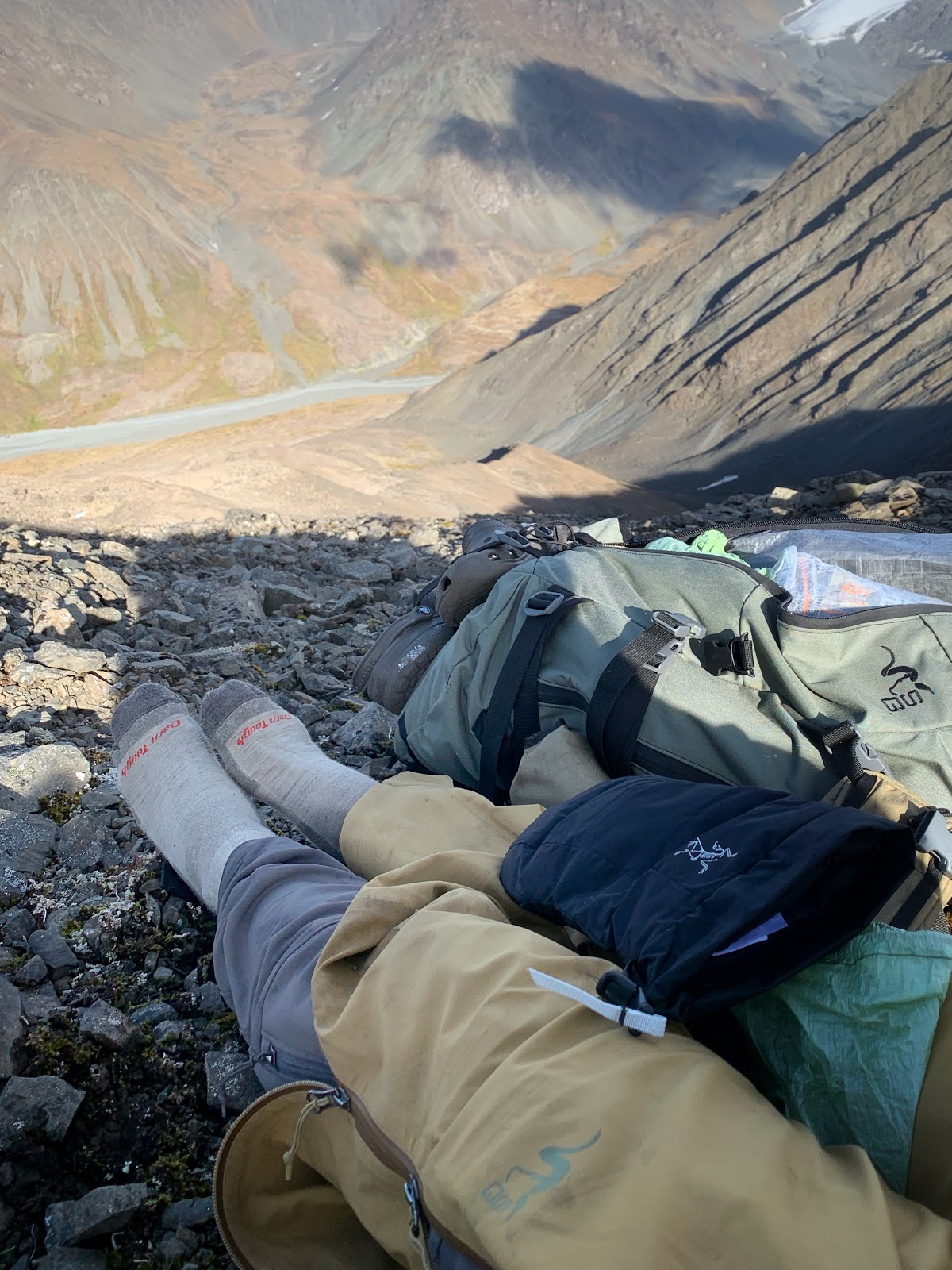Your Cart is Empty

When nature makes the news, sadly it’s usually because some unfortunate part of the world has suffered a natural disaster and we’re all reminded of its potential destructive power. However, there’s more to the story. We often forget that the natural world has incredible constructive power as well – and it turns out that tapping into that power is absolutely essential to optimizing our physical, mental and emotional health!
Nature means many things; the earth, water, and sky including weather, sun, planets and stars and of course plants, animals and ‘bugs’ from the alarmingly large to the very, very small. We are relearning (thank heaven) what our ancestors have known since humans became a thing – everything is interconnected. Humans aren’t separate from nature, we are animals, after all (admittedly, some of us more than others.) We know that if a living organism is cut off totally from the natural world, it can’t survive. If the disconnection isn’t total but still significant enough, the animal or plant may live, but certainly can’t thrive. We understand that if plants don’t have the right light and nutrients in their ‘earth’, they will wither, and animals who live in captivity that doesn’t mimic their natural habitat closely enough will likely behave abnormally. We understand this, and yet most of us constantly deprive our favorite animals (ourselves) of contact with their natural habitat!
Now, as a disclaimer before writing me off as a fanatic, let me say I’m a big fan of indoor plumbing and air conditioning (oh – and Keurigs.) The reality is that for the majority of people in developed countries, most of our living occurs inside, and that’s the way we like it. But if we ignore our need for nature too much or too long, we pay the price in the form of chronic physical and mental symptoms, so it means we have to try a little harder to make sure the connection to nature stays strong.
In 2005, a prominent naturalist/journalist Richard Louv coined the phrase ‘nature deficit disorder’ in children to describe what he calls ‘the human cost of alienation from nature.’ Since then, many researchers and educators have become interested in this phenomenon, attributed to the proliferation of e-communication, haphazard urban planning, and even parental fear fueled by the media (Johnny might get nabbed in the park.) What they’ve discovered is alarming: a definite increase in anxiety, attention deficits, obesity, poor sleep, and a weakened immune system due to poor diversity of ‘good bugs’ in the gut and decreased exposure to ‘bad’ ones – which gives the immune system the chance to mount a defense. Fortunately, there’s ways to turn this around without totally giving up running water and a great cup of coffee in 12.2 seconds!
But first, a couple thoughts about why this might be, why humans can’t just continue on electronic this and artificial that. I like to think about it this way: our senses are the way our master computers (aka brains) gather information about the environment. Remember, human ancestors have been on the earth for about 6 million years, and homo sapiens (our favorite) about 200,000 years. For perspective, when I started college in 1982 computers were literally buildings that nobody had access to, and phones? Plugged into the wall, or maybe ‘portable’ which meant that it was always out of battery, if you could find it. Even if we back up to the invention of electricity and radio in the late 1800’s, it still means that 99.99% of our time on earth has been spent processing natural information. What do you suppose our senses and brains are better at interpreting?
If we want to be functioning at our top capacity, we need to exercise our senses just like we exercise our bodies, in the ways they are designed to be exercised. If we keep our bodies strong by moving in ways our ancestors did, we can tolerate some periods of sitting hunched over a computer without compromising overall fitness. Similarly, if we keep our senses honed and fit, they can manage some (not too much!) ‘artificial’ input much more effectively.

How do you exercise your senses? Fortunately, it’s mostly fun and pleasurable, unlike that other type of exercise that can be… well you know, sometimes NOT fun and pleasurable. Now obviously, the quickest and most efficient way to ‘dose’ your senses with nature is to go outside as frequently and for as long as possible! The reality for most of us who have jobs or attend school is that it’s not frequent enough, and then there’s that whole problem at certain times of trying to avoid freezing to death, or if you live in Arizona, cooking yourself. So, much as we supplement a healthy diet with vitamins, we need to find natural ‘supplements’ for our senses.
Start with sight. If you can’t actually go outside, make sure you can at least see it for a good part of your day. Open the blinds, position your desk toward the window, get a bird feeder. Here’s a cool fact – even a picture will do! An interesting study done in the 80’s proved that patients recovering from surgery needed fewer pain and anxiety medications when they had a view of trees through their windows rather than a brick wall. Many subsequent studies have demonstrated the effect is nearly as good if there’s only a picture of a natural scene rather than a window. There’s a reason why we are drawn to beautiful landscapes and photographs of animals, so break out the wall calendars and screensavers, watch a documentary or even get an aquarium!
Then, there’s hearing. In modern life, we usually need to subtract distracting, unnatural sounds before we can give our ears what they need naturally; such as the sounds of wind and water, or birdsong and other animal sounds (even cricket sounds are nice as long as they aren’t coming from underneath your bed.) Make a concerted effort to quiet your environment and try nature sound background music rather than other types for at least a part of the day (or night.)
The sense of smell is the one our ancestors relied on heavily but one that we often ignore. Interestingly, the smell is the only one of our senses where the input is sent directly to the limbic system– part of our ‘animal’ or primitive brain where emotions arise. The other senses send the information first to the cerebral cortex for higher order, logical (hopefully) processing.
This is why scents more than sights or sounds can conjure immediate emotions, and also why ‘exercising’ the sense of smell can have so many positive effects. Aromatherapy is not just a way to sell candles! Certainly there are many pleasurable scents that aren’t natural, but that’s not what your brain needs. Again, the best way to experience the smell of nature is to smell nature. The smell of pine trees, or the desert after a rain are everybody’s favorite, but if you concentrate you can learn to appreciate the more subtle scents in your own backyard or the park.
Inside, make certain your cleaning products and candles/diffusers are scented only with essential oils. These are concentrated plant extracts that have a broad variety of practical and therapeutic uses, and are now widely available. Careful – make certain the oils are 100% essential, there are cheaper versions that are lab produced that don’t trick your brain (and usually smell pretty lame too.)
Taste is very closely linked to smell, and eating ‘feeds’ our brains not only nutrients but also critical information about the state of our environment. Plenty of nutrients accompanied by pleasure hormones as a meal is savored? Must be looking good out there. Lots of chemicals and empty calories eaten mindlessly? Must be starving since this stuff isn’t even real food, time to worry about survival and pack on weight!
Choosing foods that remain as close as possible to the form they took while living is a good rule of thumb (yes, we all wish that money and donuts grew on trees, but sadly…) To supercharge the connection to the natural world, as you eat, remember that you are literally taking nature into your body and participating in the circle of life (I can’t help it, for me this thought is always accompanied by the Simba song!)
And finally, the sense of touch. Skin is arguably the most underappreciated organ we possess, and it’s ‘exercise’ is crucial to well-being. Simple really, but not always easy in modern society – you need to feel the air/sun/soil/ground/water as frequently as possible.
Tapping into nature’s incredible constructive power is built into our DNA – into our human nature. Our ancestors didn’t know any other way to live, but modern society can crowd out our instinctual need for the natural world. However, no matter your environment or circumstances, with a little reflection and planning (and a good cup of coffee), it’s certainly possible to add this particular type of exercise into your workout plan!